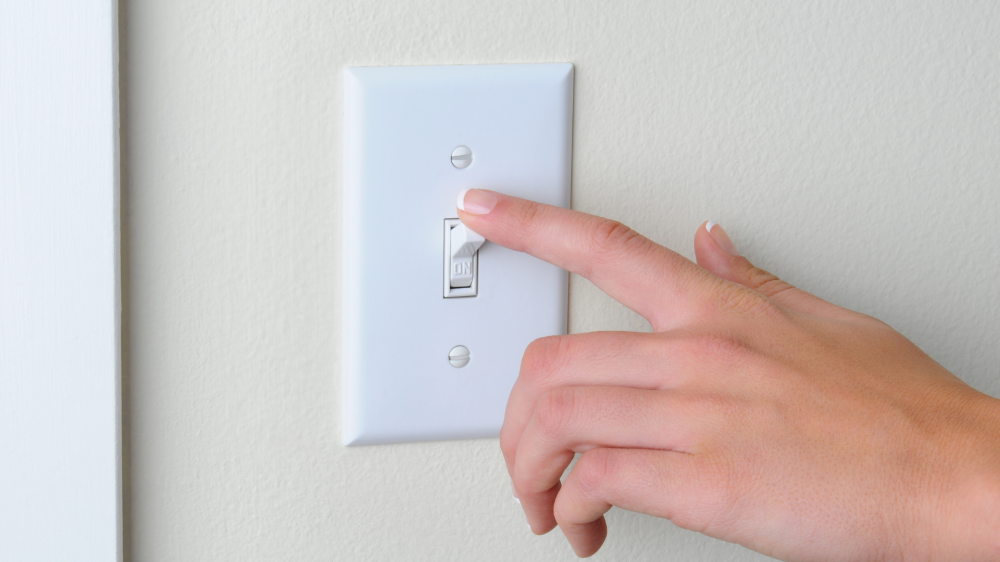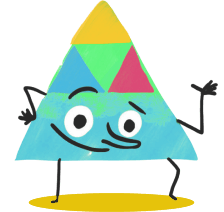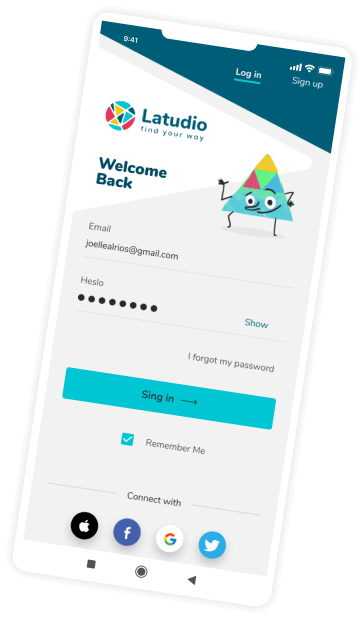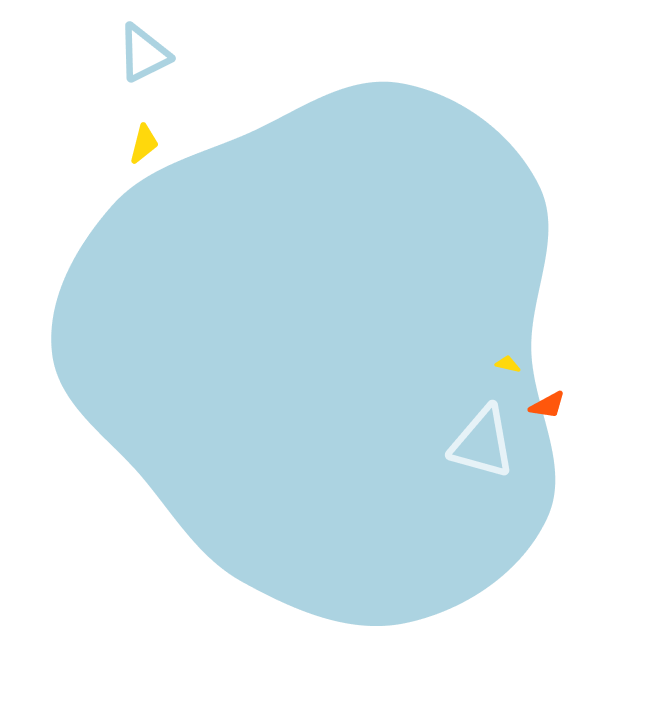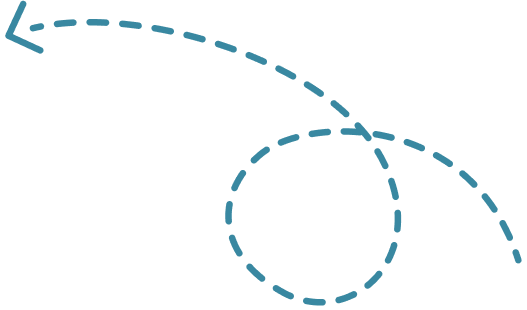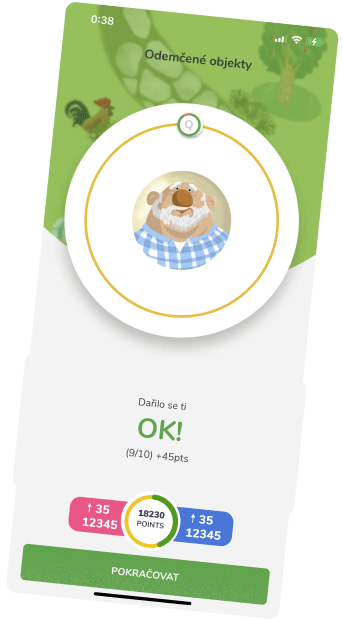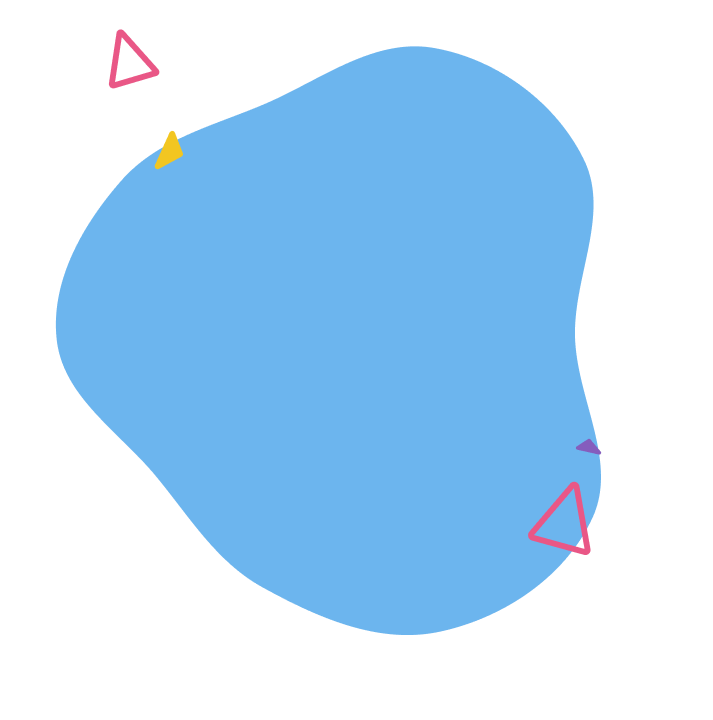English Phrasal Verb Practice for “turn on” and “turn off”
Jake slept too long. He jumped out of bed. He turned on the light [ a allumé la lumière ] in his small apartment. He quickly got ready for work. He heard his mom’s voice. "Don't forget to turn off the TV [ d'éteindre la télé ]." He smiled and turned it off [ l'a éteint ].
Jake got on the bus. He thought about a mystery novel he was reading. The mystery turned him on to reading [ l'a incité à lire ] again. But, a passenger talked too loud. That turned him off from reading [ lui a fait perdre l’intérêt de lire ] for now. Jake liked silence on his way to work.
Finally, he arrived at work. Jake turned on his computer [ a allumé son ordinateur ]. A colleague had a problem with his car. He took a break to check it. He turned on the car engine [ a commencé le moteur de la voiture ]. It made a strange noise. So, he turned off the engine [ a coupé le moteur ]. He went back inside.
Near his desk, Jake saw a co-worker watering the plants. Jake wanted to help him. He went and got the hose. He asked her, "May I turn on the hose [ allumer le tuyau ] for you?” He helped her then turned off the faucet [ fermé le robinet ].
Jake went home. He turned on the TV. There was a soccer game. He heard about a soccer player. A player got a red card. The fans quickly turned on the player [ se sont retournés contre le joueur ].
After the game, Jake thought about a co-worker’s presentation. She didn’t get all the information right. Her success turned on [ reposait sur ] having all the facts right. He was worried about his presentation. He knew that one mistake could turn off his boss's respect [ détruire le respect de son patron ].
Jake was hungry. He wanted to make dinner. He decided to cook something spicy. Spicy foods turned on his taste buds [ excitent ses papilles gustatives]. Before he ate, he had to take some medicine. He opened the medicine bottle. The strong smell turned off his appetite [ lui a coupé l'appétit ]. He decided to eat later.
A few hours later, Jake went to bed. He turned off the light [ a éteint la lumière ] and laid in bed. He thought about his day. Turning on and turning off was a daily part of life [ Allumer et éteindre faisait partie de la vie quotidienne ].







